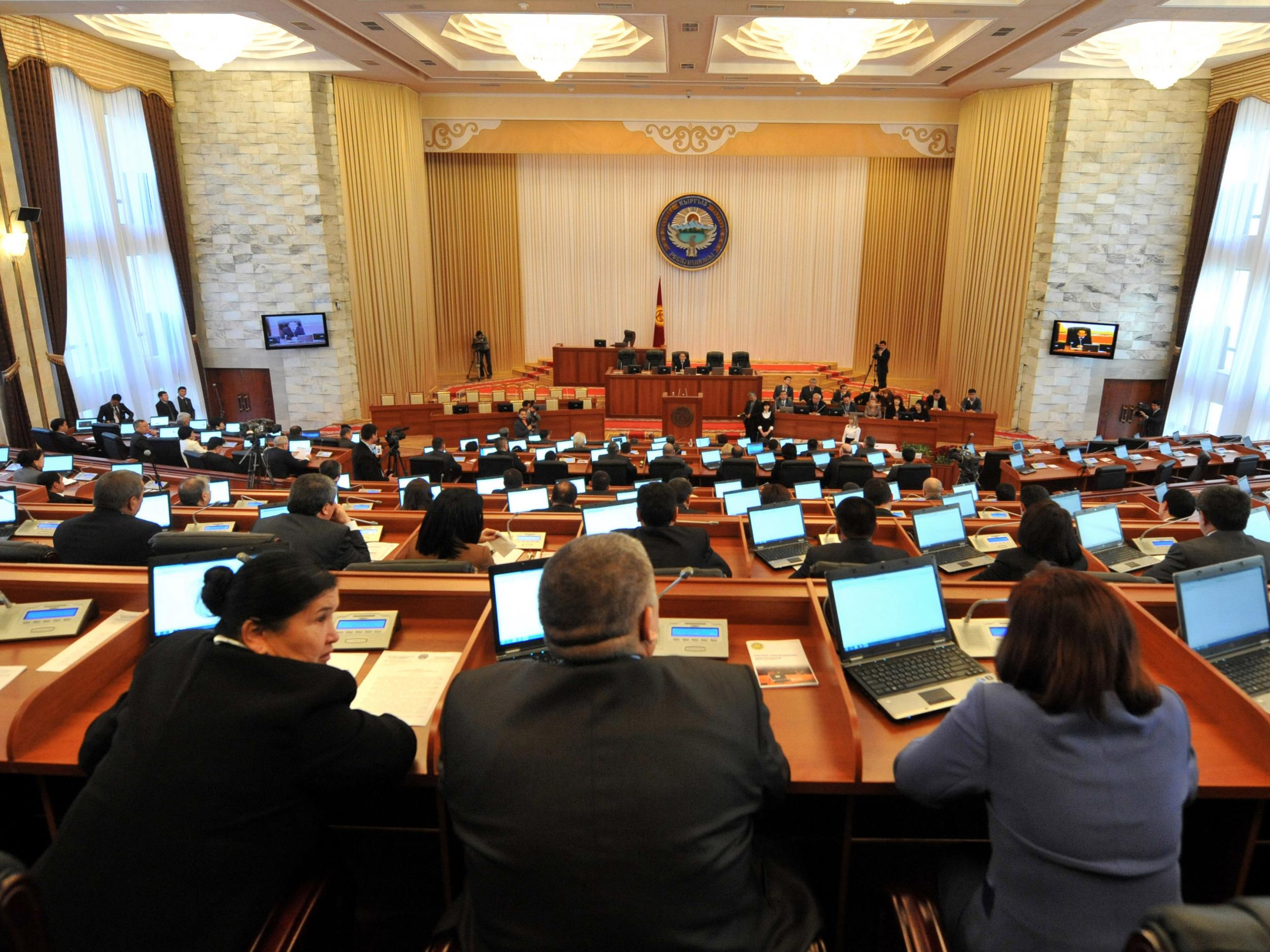Kyrgyzstan cannot find its constitution
Mystery over missing document is a distraction from concerns over planned changes to the law, which could erode citizens' human rights

Politicians in Kyrgyzstan have lost the country’s constitution.
It emerged during a debate over planned changes to the law that nobody in the central Asian country knew where the original document was.
The most recent version of the constitution was approved by referendum in June 2010, when changes were made to give more authority to parliament and diminish the power of the president.
On 19 October members of the Kyrgyz parliament queried the exact location of the original copy of the document during a debate on whether to allow another referendum to take place in December, which could result in the consistution being amended again.
Some commentators have suggested the mystery of the missing document is a ruse to distract the population from concerns over planned changes to basic law in the country, which has a turbulent recent political past. In spring 2010, parliament was ransacked in a revolution which overthrew president Kurmanbek Bakiyev.
Justice Minister Jyldyz Mambetalieva said her office had a copy of the 2010 constitution, but that the original is held by the presidential administration.

Moldakun Abdyldayev, the presidential administration’s liaison to parliament, contradicted her.
He said: “We assumed that it was with the Justice Ministry. Now the minister is confirming that there is no original. That raises the question: where is the original?”
Mr Abdyldasev added he had seen an archived decree on the constitution and a draft of the document that was later adopted by referendum, but never an actual signed version of the constitution itself.
Farid Niyazov, head of President Almazbek Atambayev’s administration, told the 24.kg news agency a master copy might not even exist: although the law was approved by referendum, he said he believed it was never actually signed.
“In any other country, of course, after the announcement of a public vote, the head of state should endorse the approved text,” he said. “But it so happens that this text has no signature.”
Omurbek Tekebayev, a leading member of the 2010 interim government and a critic of the proposed amendments, told local media the whereabouts of the original hard copy of the document was a technicality and of little consequence since the text published in official newspapers and put to the referendum should be considered the definitive reference.
The proposed amendments to the constitution would see the prime minister given more power, at the expense of parliament. This has raised suspicion the incumbent president, who is limited constitutionally to one presidential term ending in 2017, could be preparing for his immediate entourage to retain their grip on power.
Critics are also concerned about a clause concerning “supreme state values” which could erode individual human rights.
Despite confusion over the location or even formal existence of the 2010 constitution, MPs on 19 October overwhelming approved the second reading of a bill to hold a referendum in December, which means the vote is extremely likely to go ahead.
Join our commenting forum
Join thought-provoking conversations, follow other Independent readers and see their replies
Comments
Bookmark popover
Removed from bookmarks